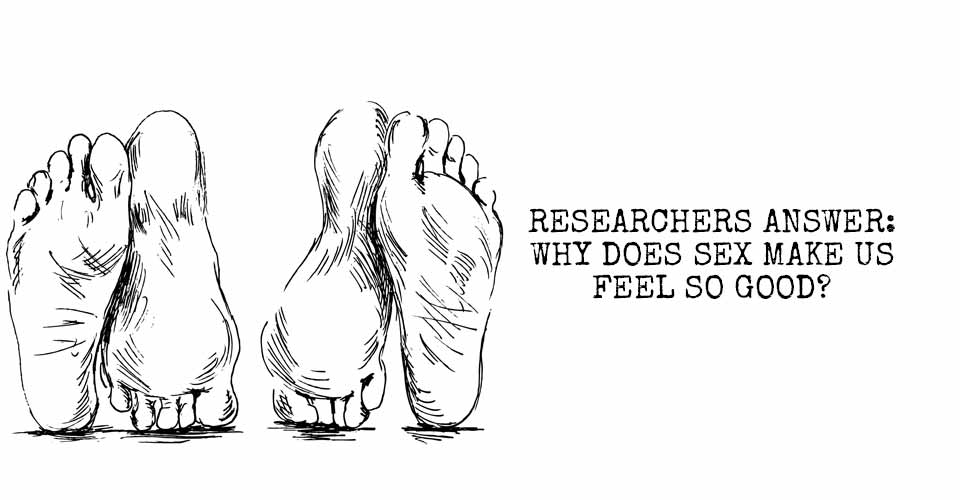It’s no secret that a great sexual experience can put a smile on someone’s face. It’s an act that spans the physical, hormonal, and emotional systems of the body and brings us closer to one another in a unique way. A couple’s sex life can impact the happiness of both partners. In some cases, it can make or break the relationship.
But what exactly makes this magic so real? There are hundreds of activities a couple can enjoy together.
Why does sex occupy such an important and irreplaceable part of our lives?
A team of psychologists sought to find out.
Scientists in Switzerland and Canada conducted a series of studies titled More Than Just Sex: Affection Mediates the Association Between Sexual Activity and Well-Being. Their work sought to explain the positive effects of sex that are seen not in the moment of intercourse, but in long-term quality of life.
Surprisingly, the researchers found that the act of sex itself, in the long term, is less important than the cuddling that occurs afterward.
In a very simple chain of events, sex promotes affection and affection leads to happiness. These effects stay with us for the long-haul, long after the physical and hormonal afterglow has faded.
In the first part of this study, Anik Debrot and her team conducted two surveys. These surveys involved nearly one hundred happily coupled participants. The subjects described their sexual habits, the amount of other affectionate touch in their relationships, the frequency with which they experienced happy moments, and their level of life satisfaction in general. Unsurprisingly, the subjects who had sex more frequently experienced not only a greater sense of life satisfaction, but also more instances of joy and contentment throughout the day. Interestingly, however, this correlation did not hold up once the researchers accounted for daily affection.
Instead, they found that it was a greater amount of affection that was the root cause of both sides in this phenomenon. Sex leads to happiness, they found, but only because it promotes affection. Affection, as it turns out, is the thing we truly want.
The next part of this study was an experiment involving over one hundred couples. Each test subject kept a diary for ten days. In it, they recorded their sexual activity, moments during which they felt aroused, affectionate experiences, moments when they felt loved and secure, and their own emotions. They wrote in these journals multiple times throughout each day.
Again, the research revealed that after sex, we become happier.
Again, this correlation became much weaker one the researchers accounted for affection. Sex without affection was extremely rare. As such, in most cases, affection led to sex, and the culmination of this was a sense of happiness.
Six months later, the subjects were revisited for an update. The participants who engaged in more sex were, indeed, happier in their relationships – but only in those cases where the sex had been associated with affectionate behavior and positive emotions.
The final phase in this study involved over one hundred happily partnered subjects, who kept notes similar to the ones described above in the diary experiment. However, they did so via smartphone, focusing on sexual activity and moments of love and affection. This stage of the study revealed that when participants had sex, they reported feeling affection not just immediately following the act itself, but also in the next entry which occurred hours later. This suggests that the link between sexual activity, affection, and overall happiness may be stronger than the hormonal effects that have been noted in previous studies.
Maybe the dirty little secret about sex is…that it’s not so dirty. As Marilyn Monroe wrote, “We are all born sexual creatures, thank God, but it’s a pity so many people despise and crush this natural gift.” Sex is something we should celebrate. Use it to connect. Use it to promote affection. Use it to increase your happiness, joy, and life satisfaction. It’s not such a filthy thing.



